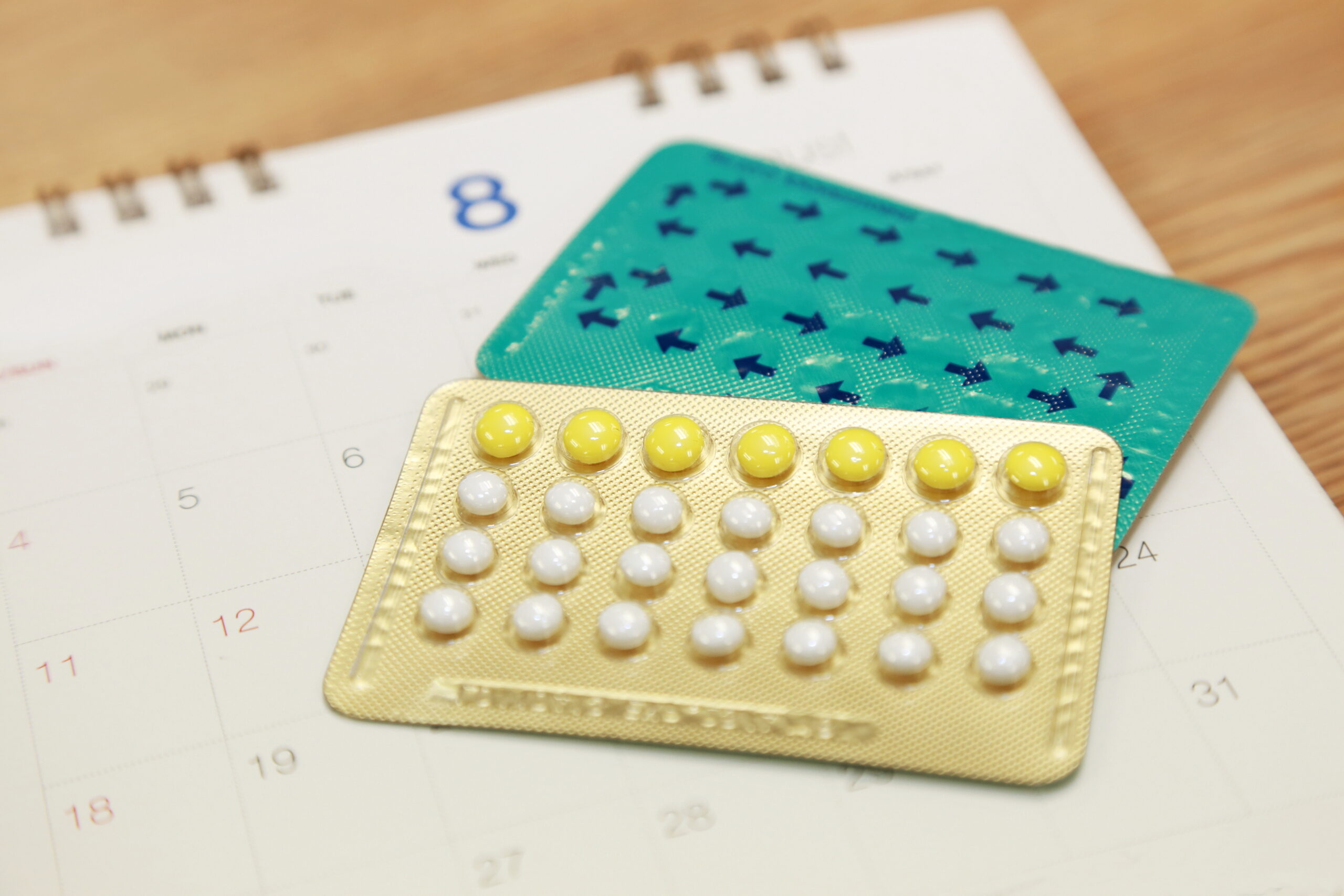The year is 1960, and a new type of birth control has just hit the market. The first version of “The Pill,” a capsule with a mix of hormones such as progesterone and estrogen, was just approved by the FDA. With this approval, a new era of contraceptives is born. Over time, Plan B, IUDs, as well as other long acting reversible contraception such as implants, levonorgestrel-releasing IUD, “The Patch,” and “The Ring” all become viable options for contraception to women in America and around the world.
However, these breakthroughs were not without pushback as controversy over the effectiveness of these methods and the safety of their users were constantly debated. The safety of the women who regularly use these hormonal contraceptives is a genuine concern, and those who read through the possible side effects can easily be concerned about their health. For example, according to Planned Parenthood, the hormones in birth control pills have the potential to cause headaches, nausea, sore breasts, changes in menstruation, and spotting. However, these symptoms usually subside within 2-3 months. On the other hand, positive outcomes can include relieving painful or irregular periods, easing cramps and premenstrual syndrome, and making lighter periods more common.
Over a five-year period, using hormonal contraceptives has been linked to a diagnosis of depression.
Image Source: Pete Dazeley
While the physical effects of hormonal birth control are much more apparent, emotional effects are much more subtle and harder to report on. Hormones are large contributors to a person’s mood, and with hormonal manipulation some women report a change in mood such as an increase in anxiety and depression. A study that analyzed the data from the The Danish Sex Hormone Register, an ongoing nationwide cohort registry that includes all women living in Denmark, observed the risk of mood changes associated with long term hormonal contraceptive use. This study compared more than one million women, aged 15 to 34, over a period of five years. The researchers found an association between using any type of hormonal contraceptives and developing depression or using antidepressants. In addition, those who used hormonal contraceptives had a higher risk of this if they were adolescent compared to those who were 20 to 34 years old. One possible explanation is that progesterone, a hormone found in practically all contraceptives, influences neurotransmitters such as serotonin and γ-aminobutyric acid (GABA), both of which play a pivotal role in one’s mood. This is likely the reason that there is an association between progesterone manipulation from the contraceptives and the onset of depression.
The creation of hormonal contraceptives in 1960 was undoubtedly a revolutionary feat; however, this revolution did not come without some drawbacks. Hopefully, these findings can be used in the future to help improve not only the physical changes but also any emotional effects that contraceptives have on a person who uses them.
Featured Image: © charnsitr /Adobe Stock










